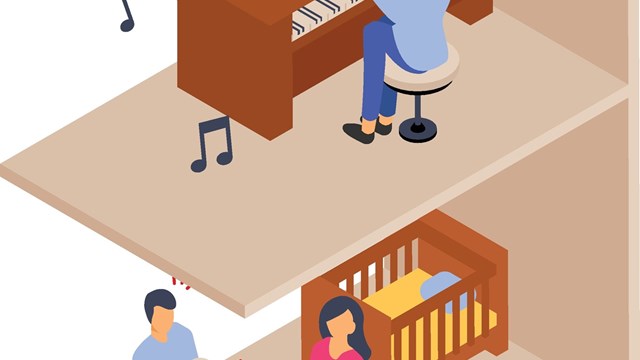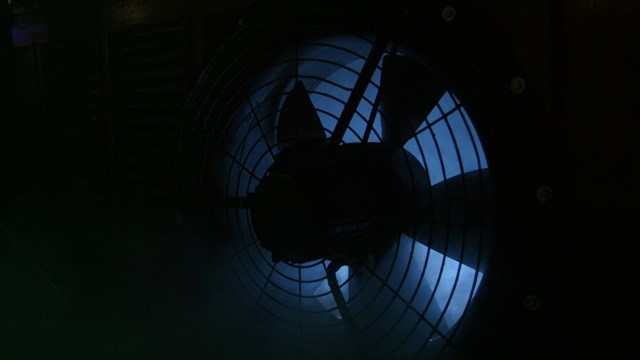Q I am a shareholder at a 49-unit co-op in Manhattan. For the past five years we’ve had a vacant unit on the third floor as a result of excessive noise emanating from the apartment above. The past and present boards have not initiated any type of action in regards to the loss of income that the unit represents for the corporation. What can the board do in this regard? And what is the corporate responsibility to shareholders? What actions can the shareholder take to end this?
A“The problem of the noisy neighbor is one that plagues many cooperative buildings. Boards of directors should deal with the problem promptly, or they will face the ire of apartment owners who are adversely affected by the noise,” says David L. Berkey, Esq. of Gallet Dreyer & Berkey, LLP in Manhattan. “Withholding of rent due to excessive noise and potential lawsuits against the board or cooperative are some of the issues that boards may face due to their failure to resolve a serious noise problem.
“Most proprietary leases and house rules contain prohibitions against excessive noise. House rules try to lessen the potential problem by requiring that at least 80 percent of the floor area of apartments be carpeted. Proprietary leases prevent tenants from making unreasonable noise that affects the ability of other tenant-shareholders to enjoy their own apartments.
“When there is an excessive noise problem, the board should promptly speak to the offending tenant-shareholder about the issue and should direct the building superintendent or management to examine the apartment to determine if it has proper floor coverings. If the noisy tenant-shareholders fail to cover the floors, a default notice should be sent to the shareholder threatening eviction if they do not comply with the house rules.
“Sometimes, the addition of floor coverings resolves the problem. Other times it does not and more action must be taken. If the noise is frequent and excessive, it is unreasonable and should not be allowed to continue. The tenant-shareholder should be advised of the continuing problem and steps taken to determine why the noise continues. Is it from loud television or stereos, is it from children running, or is it from slamming doors or other causes? A visit from management is warranted and the tenant-shareholder should be advised that continued unreasonable noise will result in eviction. There are standard ways to soundproof an apartment so normal living noise does not disturb neighbors.
“If the board fails to act, the affected tenant-shareholder(s) can sue the noisy neighbor and seek an injunction from the court preventing the offender from engaging in the conduct that creates the noise. Most courts will permit some noise to exist as it is a fact of life in New York City living. However, if an average person would find the noise to be unreasonable, the courts will provide relief.
“Finally, if the tenant-shareholders in a building believe that their board has neglected the unreasonable noise problem, they can vote the board out of office at the next annual meeting (or at a special meeting called for such purpose) and elect people to the board who will take action. If the cooperative has lost substantial income, the tenant-shareholders could consider bringing an action against the board members who failed to perform their duties to recover the lost income for the cooperative. This type of action is very serious, can be costly, and may affect the value of all apartments in the building. It is should not be taken without careful study by the tenant-shareholders and their counsel.”










Leave a Comment